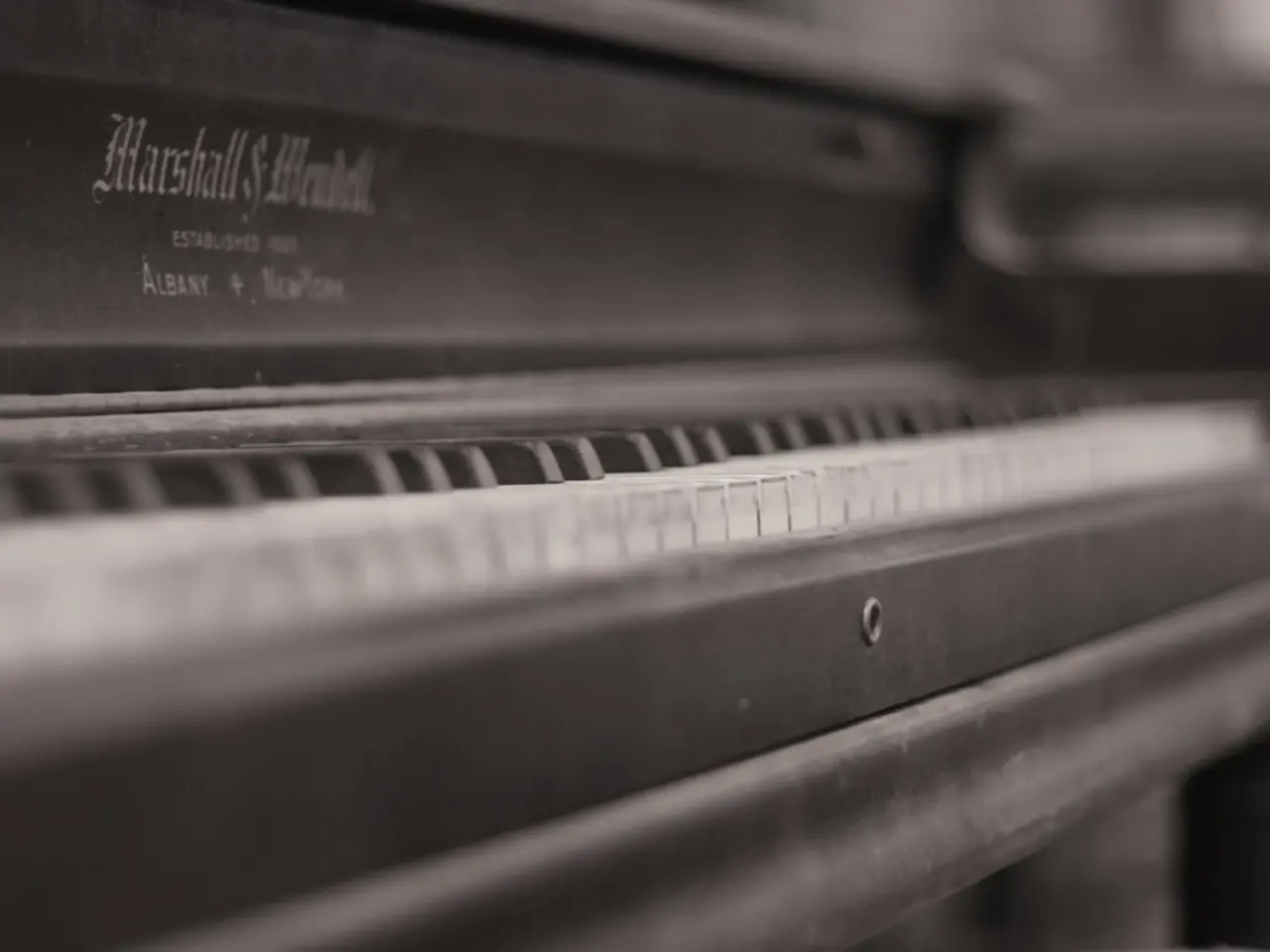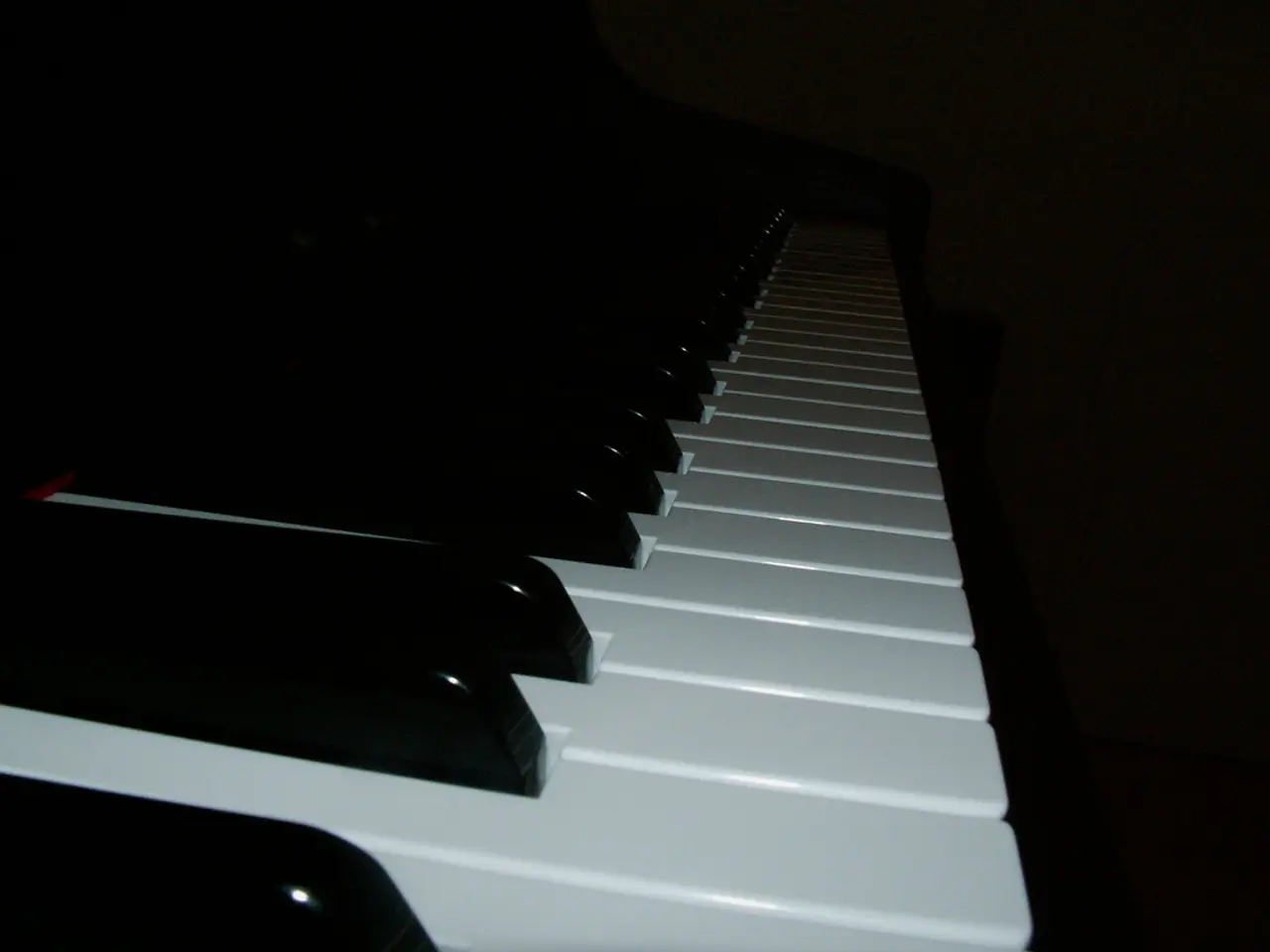Holocaust denial countered with new tool at Auschwitz museum
In a bid to counter the rising tide of Holocaust denial, especially on social media, the Auschwitz-Birkenau State Museum in southern Poland has launched the "Stop Denial" online tool. This digital campaign and resource aims to equip individuals with the facts and evidence needed to debunk false claims about Auschwitz and combat the spread of Holocaust distortion and hatred.
The tool provides users with a wealth of resources, including documents, photographs, eyewitness accounts, and historical research. It targets common false claims such as the denial of official documentation about the extermination at Auschwitz and the misleading assertion that the International Red Cross raised no objections after visiting the camp. By offering clear, evidence-based rebuttals to these and other denier arguments, the campaign aims to preserve the historical truth and defend the dignity of Auschwitz victims amid rising antisemitic and populist rhetoric.
Museum director Piotr Cywinski stated, "In the past, we could confront Holocaust deniers with living survivors, but today there are few left. Anti-Semitic, xenophobic, and populist voices are rising up." He emphasized the importance of collective action in this effort, as survivors who could personally refute deniers grow fewer.
The "Stop Denial" tool is not just a passive resource. Users are encouraged to report denialist content as hate speech and to respond by sharing prepared materials and links from the "Stop Denial" website. This active participation is crucial in halting the spread of Holocaust denial.
The Auschwitz site, built by Nazi Germany during World War II in the city of Oswiecim, has become a symbol of Nazi Germany's genocide of six million European Jews. More than 100,000 non-Jews also died at Auschwitz-Birkenau, including non-Jewish Poles, Roma, and Soviet soldiers.
Bartosz Bartyzel, museum spokesman, mentioned that the launch of the campaign follows a surge of denialist activity across social media and in public discourse. He stated, "The best solution to disinformation is information." The museum has long used its social media accounts to share authentic victim photos and information to raise Holocaust awareness.
In May, the museum warned against Facebook posts featuring AI-generated fictional images of camp victims. The "Stop Denial" tool is part of the museum's ongoing efforts to combat Holocaust denial and preserve the memory of the victims for future generations.
[1] Auschwitz-Birkenau State Museum. (n.d.). Stop Denial. Retrieved from https://stopdenial.org/ [2] The Associated Press. (2021, June 1). Auschwitz Museum Launches Online Tool to Counter Holocaust Denial. Retrieved from https://www.nytimes.com/2021/06/01/world/europe/auschwitz-holocaust-denial.html [3] BBC News. (2021, June 1). Auschwitz museum launches online tool to counter Holocaust denial. Retrieved from https://www.bbc.com/news/world-europe-57210999
- The "Stop Denial" tool, launched by the Auschwitz-Birkenau State Museum, not only provides resources to debunk Holocaust denial claims on social media but also encourages users to report denialist content and share prepared materials to counteract these falsehoods.
- Beyond general news and entertainment, the Auschwitz-Birkenau State Museum's online tool tackles the serious issue of Holocaust denial on social media, offering evidence-based rebuttals and fostering active participation to combat the spread of misinformation and preserve the historical truth.



